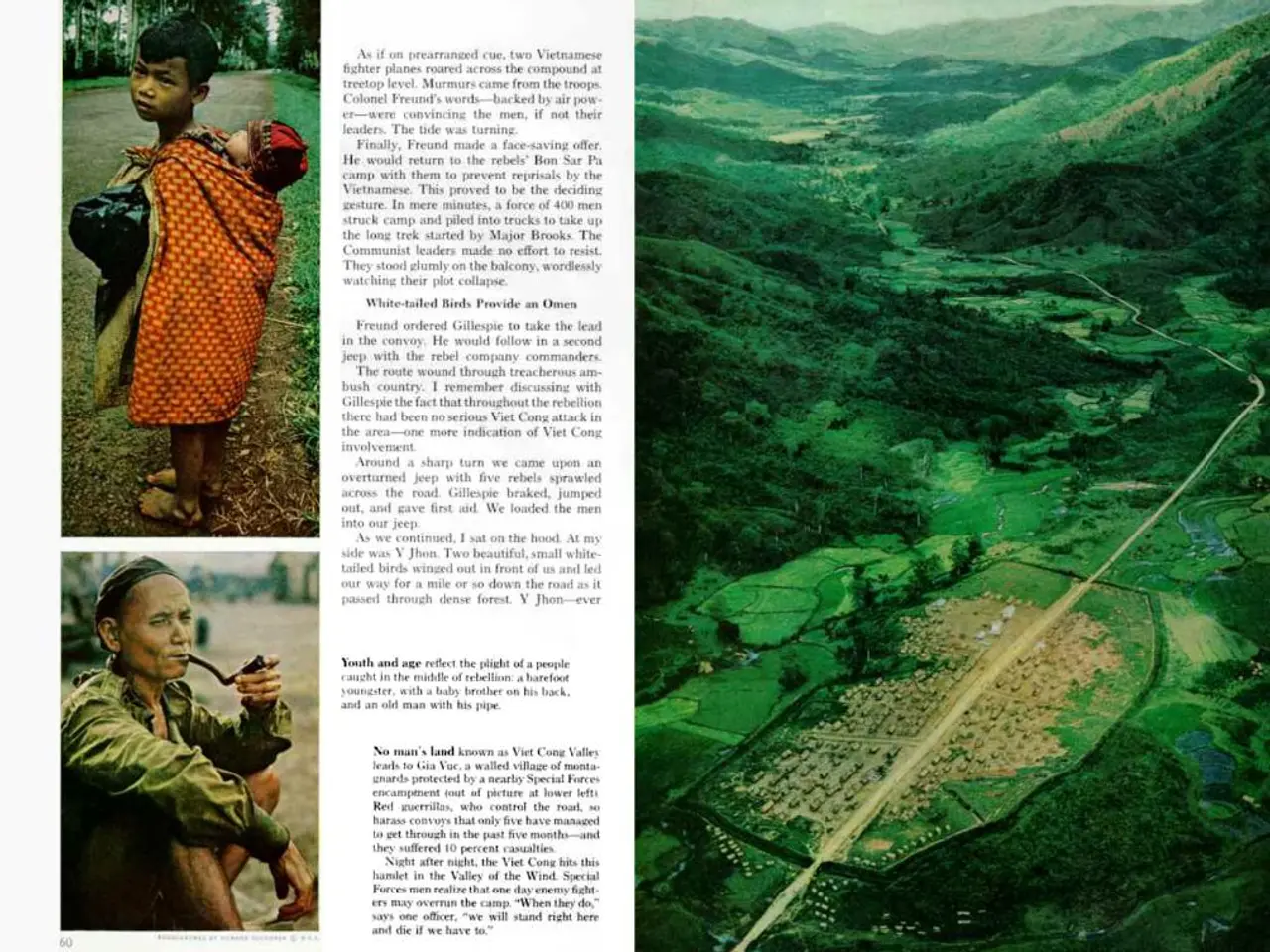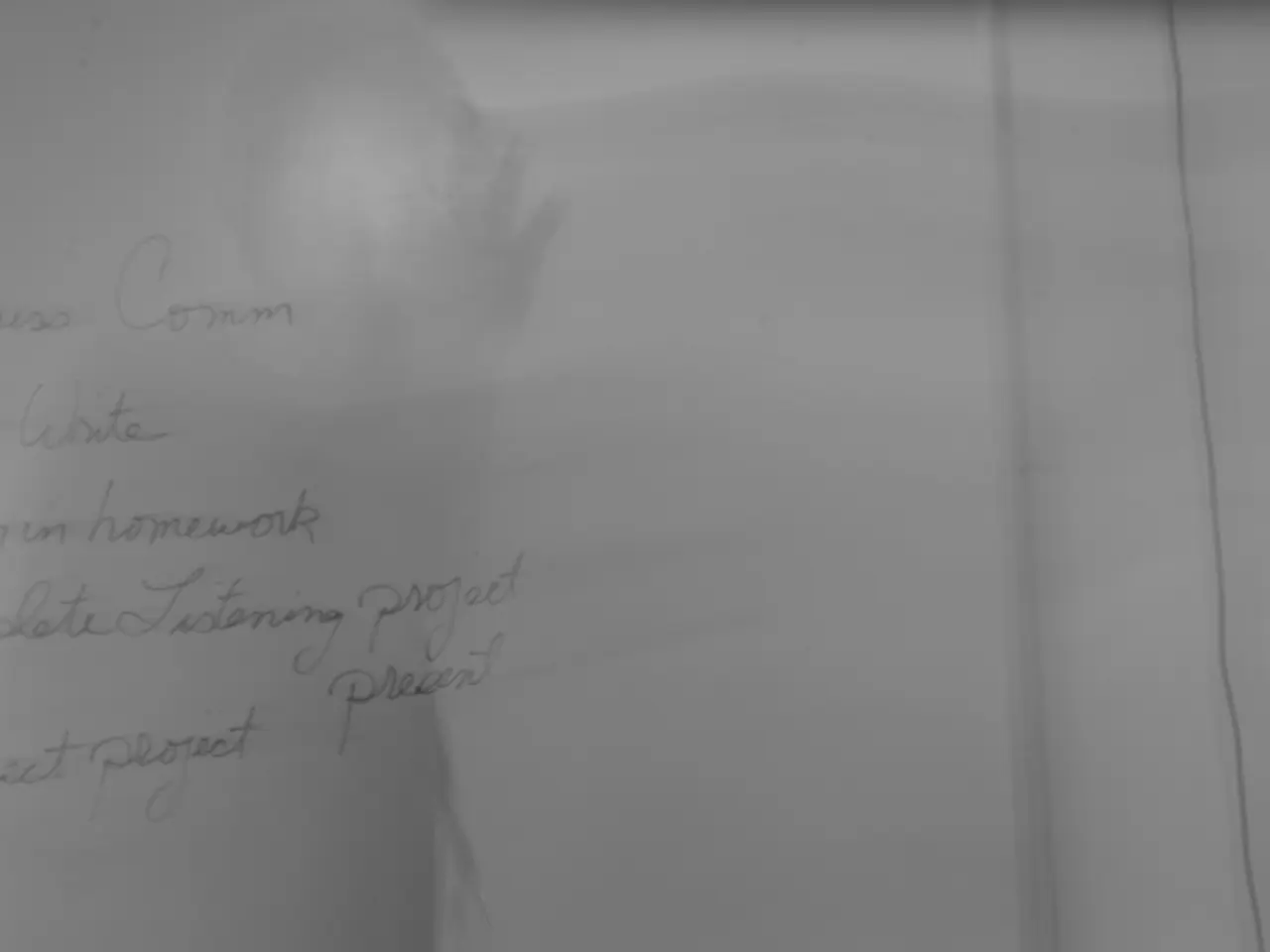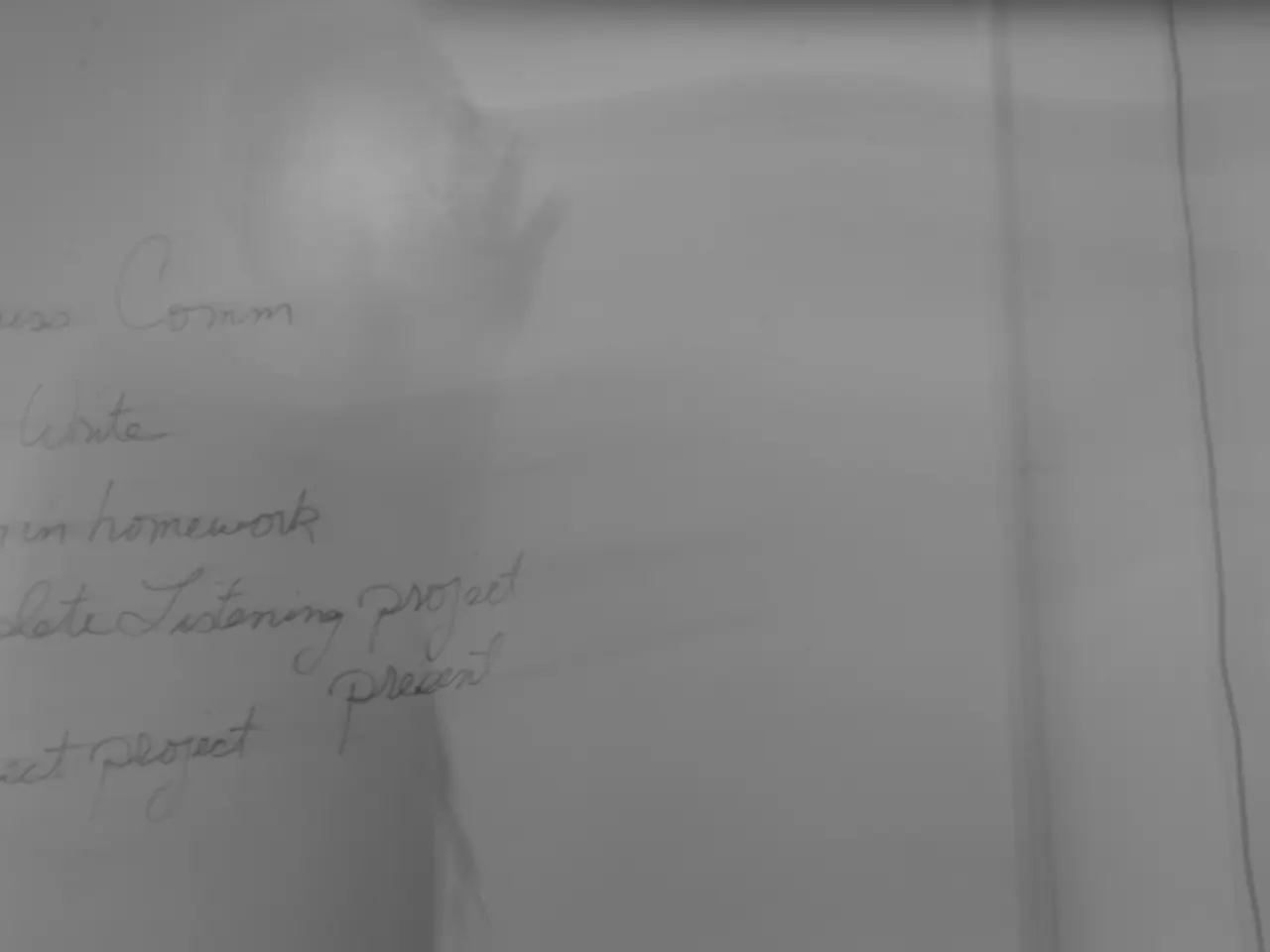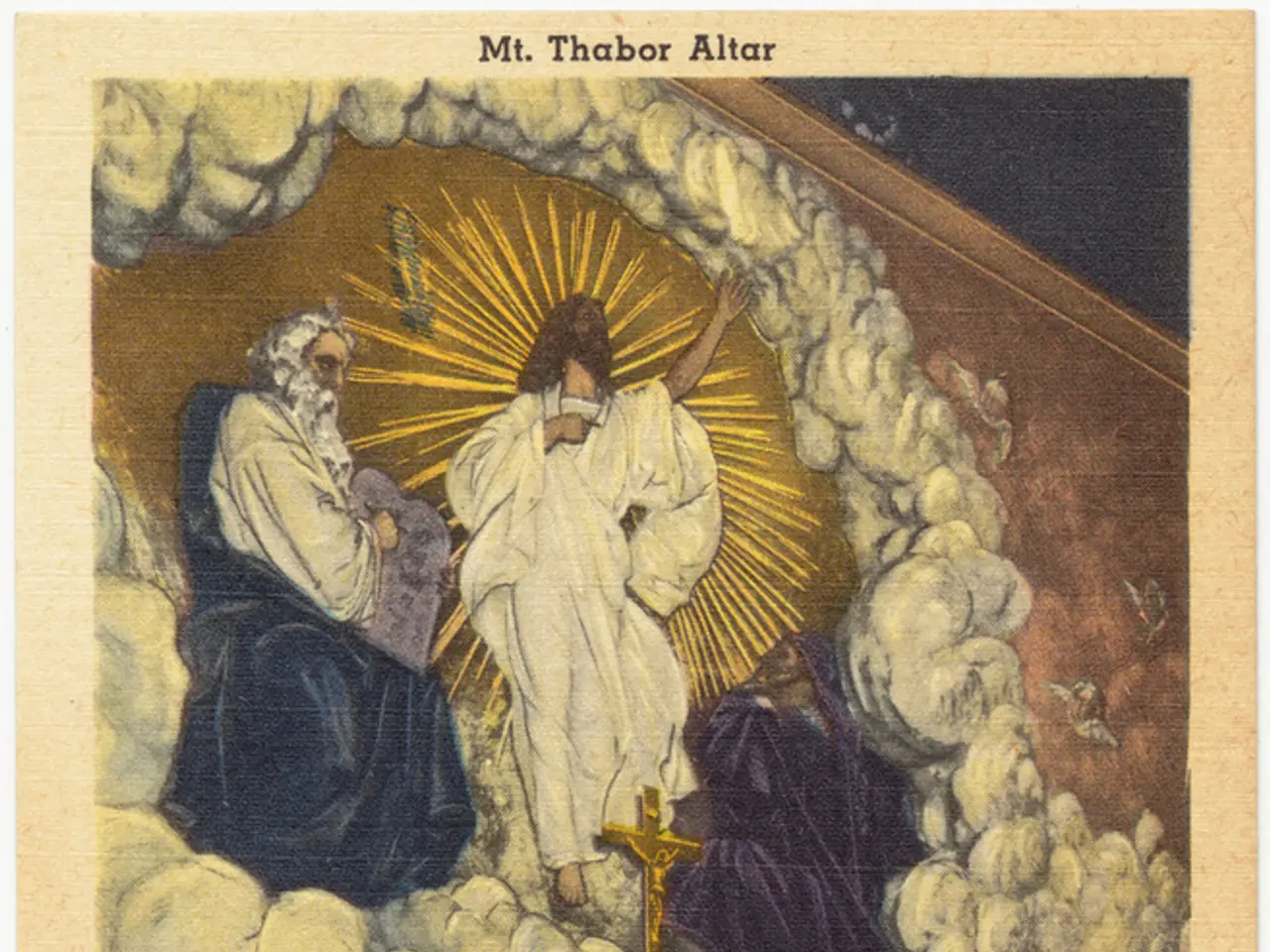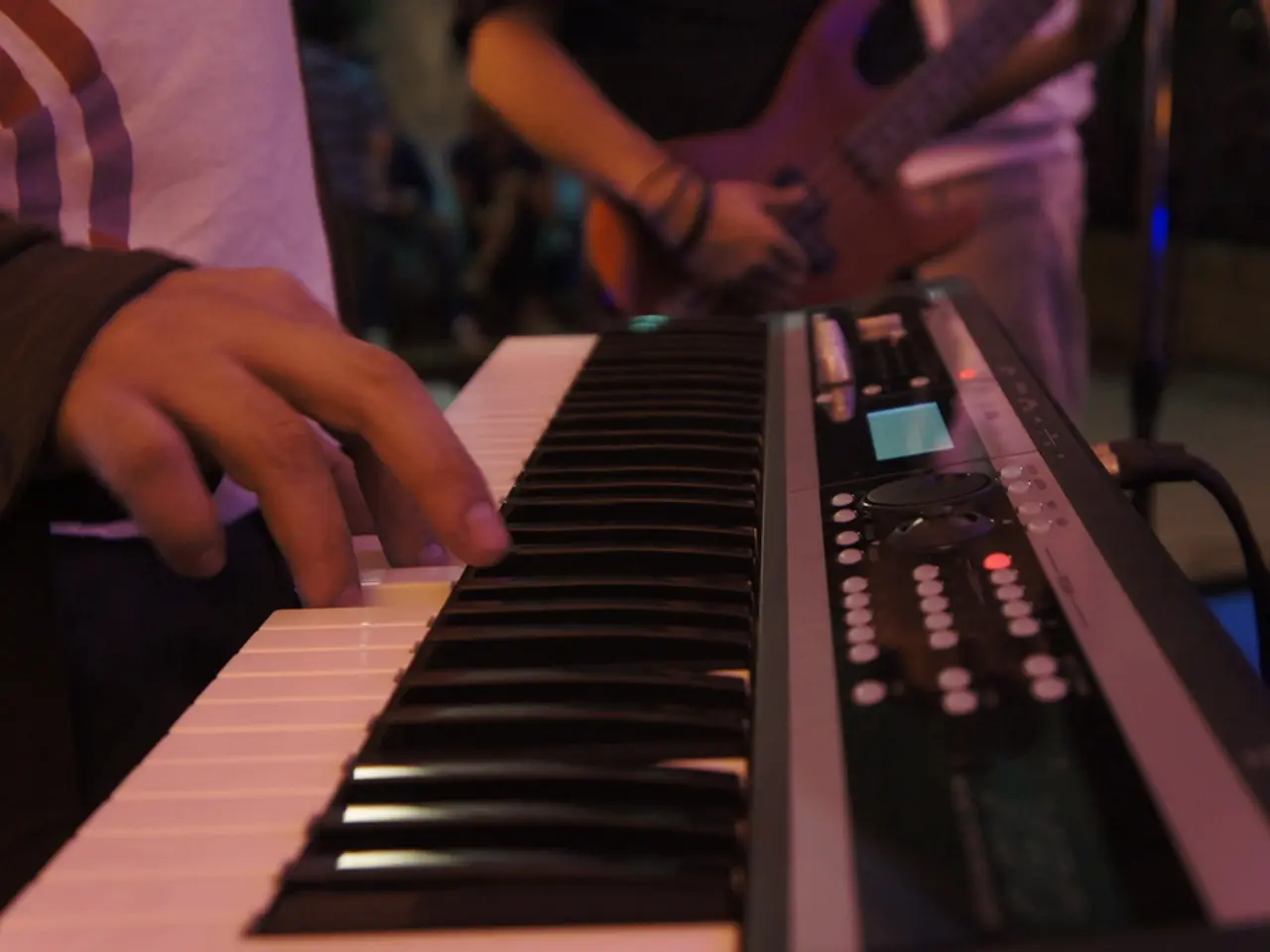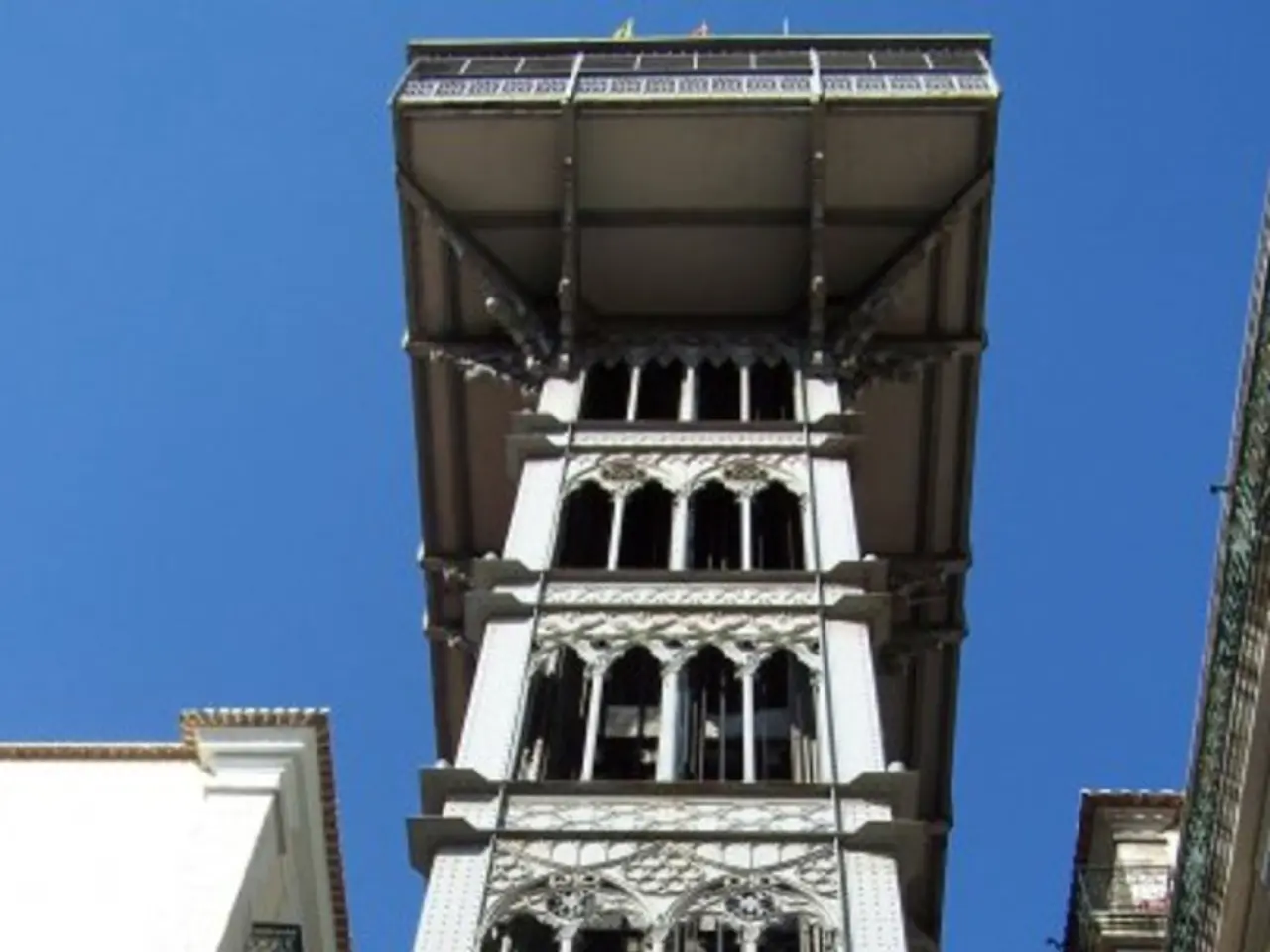Revealed Exclusive: What Prompted U.S. to Impose Restrictions on Palestinian Governance?
In a recent episode of a popular talk show, the presenter Adrian Finighan led a discussion on the controversial US sanctions imposed on members of the Palestine Liberation Organization (PLO) and the Palestinian Authority (PA). The guests included Eli Clifton, a senior adviser at the Quincy Institute for Responsible Statecraft, Xavier Abu Eid, a former adviser to the PLO, and Firas El Echi, a journalist and host of the Here's Why podcast.
The sanctions, imposed by the Trump administration, were primarily due to accusations that the PLO and PA have taken actions to internationalize their conflict with Israel, including efforts at the International Criminal Court, and have continued to support terrorism, thereby undermining prospects for peace and not complying with their commitments. The sanctions involve denying visas for travel to the US to targeted PLO and PA officials under section 604(a)(1) of the Middle East Peace Cooperation Act (MEPCA), reflecting US national security interests.
The guests debated on whether the US sanctions are a bargaining chip for further peace talks or if they indicate more hurdles ahead. The sanctions may be a bargaining chip for future peace talks, as some believe they could pressure the PLO and PA to comply with their commitments and contribute to peace negotiations. However, others argue that the sanctions may indicate more hurdles ahead, as they could increase diplomatic tensions between the US and the Palestinian leadership, complicate peace negotiations, and exacerbate divisions within the international community.
The sanctions have also sparked criticism from Western governments, with calls for Israel to end the war on Gaza and move towards a two-state solution. Some countries have announced their intention to recognize Palestinian statehood under certain conditions, such as disarmament of Hamas and PA reform. This move towards recognizing Palestinian statehood contrasts with the US stance and highlights a diplomatic divide, as some allies, like Canada, are moving toward recognizing Palestinian statehood.
The guests provided insights on the current political climate and potential future developments in the Middle East conflict. They discussed the conditions for recognizing Palestinian statehood, including disarmament of Hamas and PA reform, and the criticism of Israel by Western governments. The guests agreed that the sanctions have the potential to impact peace negotiations and could either push the PLO and PA towards compliance or further entrench their positions.
In conclusion, the US sanctions on members of the PLO and PA have sparked debate and criticism, both domestically and internationally. The implications of these sanctions are far-reaching, potentially affecting diplomatic relations, peace negotiations, and the international community's approach to the Israeli-Palestinian conflict. The guests on the show offered valuable perspectives on these complex issues, shedding light on the current political climate and potential future developments.
[1] "US imposes sanctions on Palestine Liberation Organization officials." Al Jazeera, 18 Jan 2021. https://www.aljazeera.com/news/2021/1/18/us-imposes-sanctions-on-palestine-liberation-organization-officials
[2] "US imposes sanctions on Palestine Liberation Organization officials." BBC News, 18 Jan 2021. https://www.bbc.com/news/world-middle-east-55736223
[4] "MEPCA: The Middle East Peace Cooperation Act." Congressional Research Service, 2021. https://crsreports.congress.gov/product/pdf/R/R46475
[5] "US sanctions on Palestine: What you need to know." Deutsche Welle, 19 Jan 2021. https://www.dw.com/en/us-sanctions-on-palestine-what-you-need-to-know/a-56902163
- The debate on whether the US sanctions on the Palestine Liberation Organization (PLO) and Palestinian Authority (PA) are a bargaining chip or more hurdles in ongoing peace talks falls under the broader category of politics and general news.
- The controversy surrounding the war-and-conflicts in the Middle East, as exemplified by the US sanctions on PLO and PA members, has led to policy-and-legislation changes such as the Middle East Peace Cooperation Act (MEPCA) and inspired calls for recognition of Palestinian statehood by Western governments.
